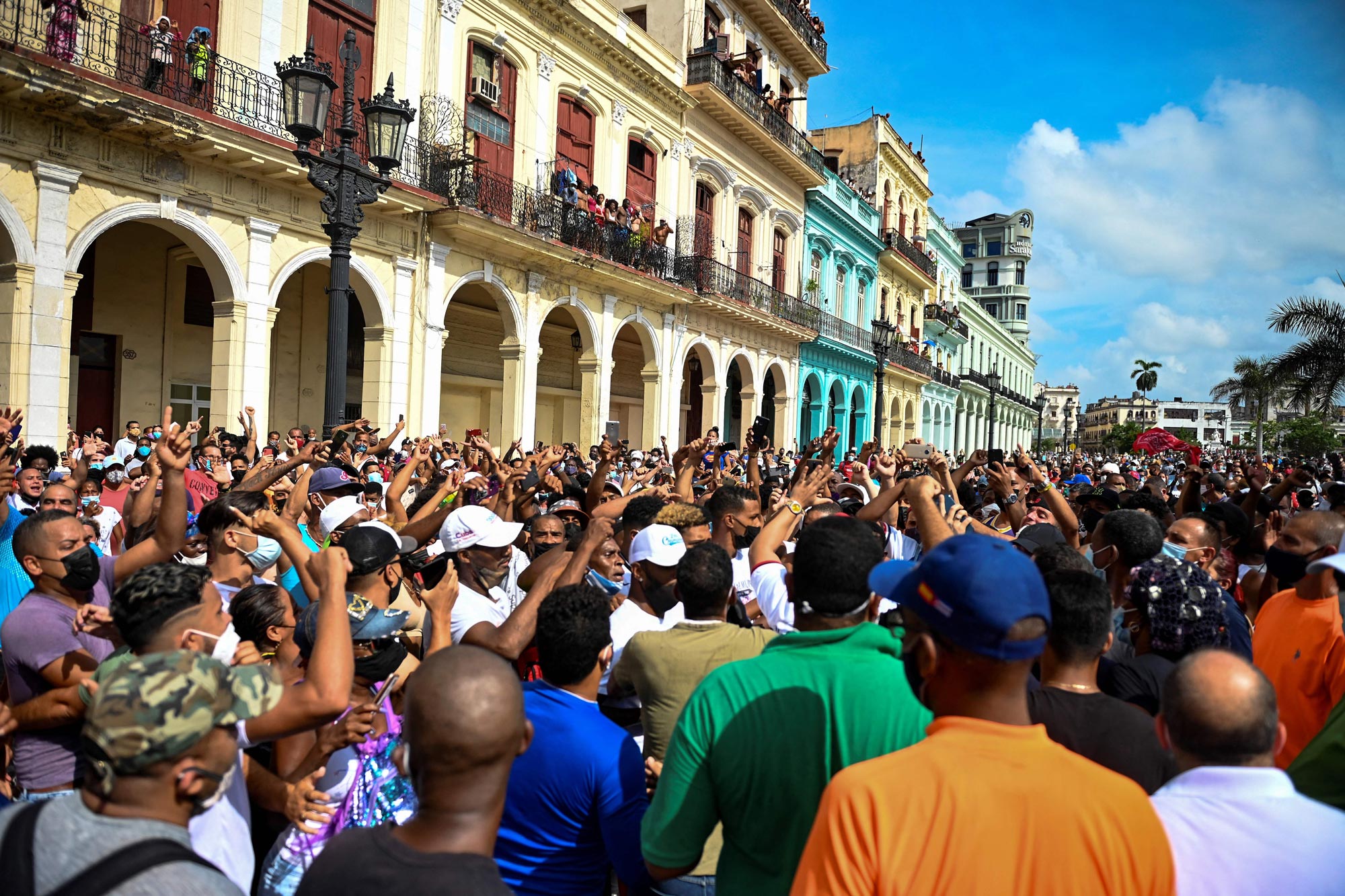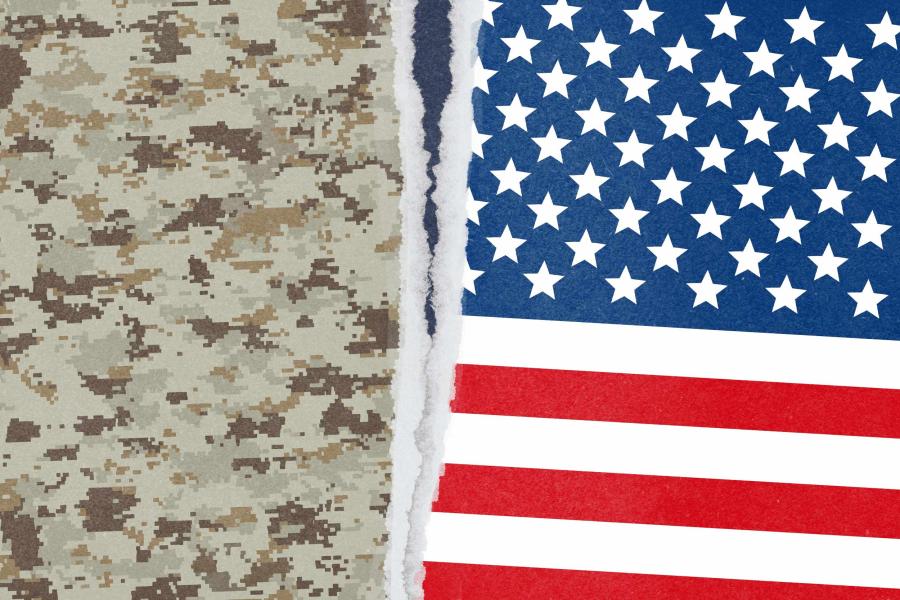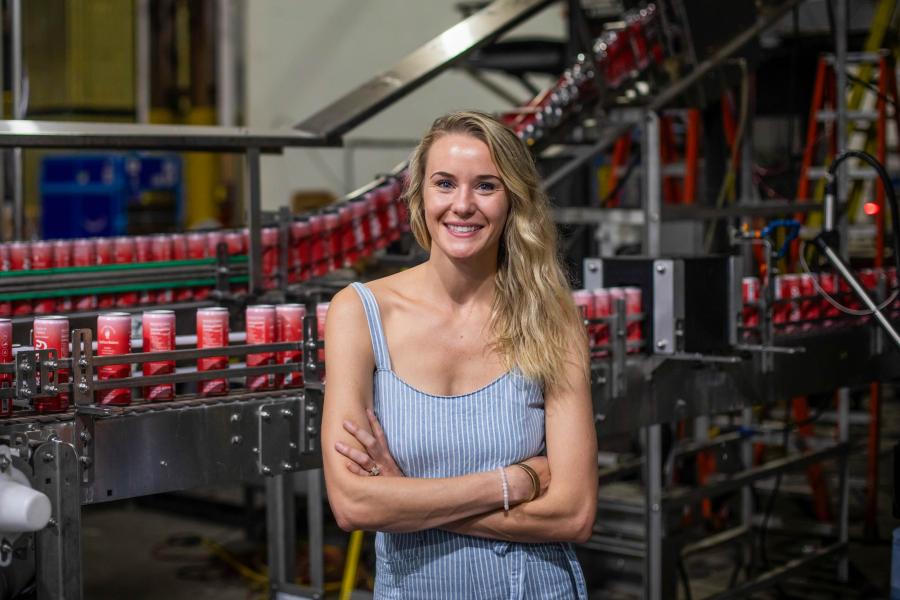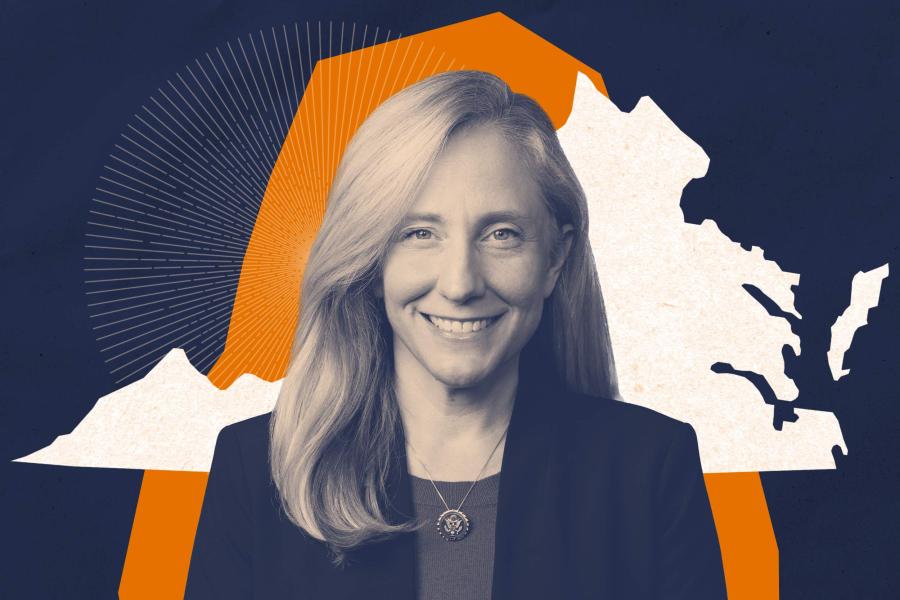As protests grow against the communist regime in Cuba and state forces crack down on the citizen movement, University of Virginia School of Law professor Camilo Sánchez looks at legal questions surrounding the human rights crisis.
Sánchez directs the school’s International Human Rights Clinic and co-directs both its Human Rights Program and Center for International & Comparative Law. He is formerly research director of the Center for the Study of Law, Justice, and Society (also known as “Dejusticia”) and associate professor of law at the Universidad Nacional de Colombia in Bogota. Before joining Dejusticia in 2008, Sánchez served with the Inter-American Commission on Human Rights and the Colombian Commission of Jurists.
Q. What are Cuban citizens protesting and how has the government there responded?
A. Since July 11, thousands of people have taken to the streets in different cities of Cuba to protest against the country’s political structure and to peacefully demand civil liberties. Protests were triggered by shortages of food, medicine and basic products, allegedly made worse by the increase in the number of COVID-19 cases.
Protests were met by state repression and the use of force. The Inter-American Commission on Human Rights has reported that at least 151 people were arrested or went missing after taking part in the protests. The government has also made statements branding demonstrators as enemies, fostering an atmosphere that tolerates violence and may encourage clashes between citizens.
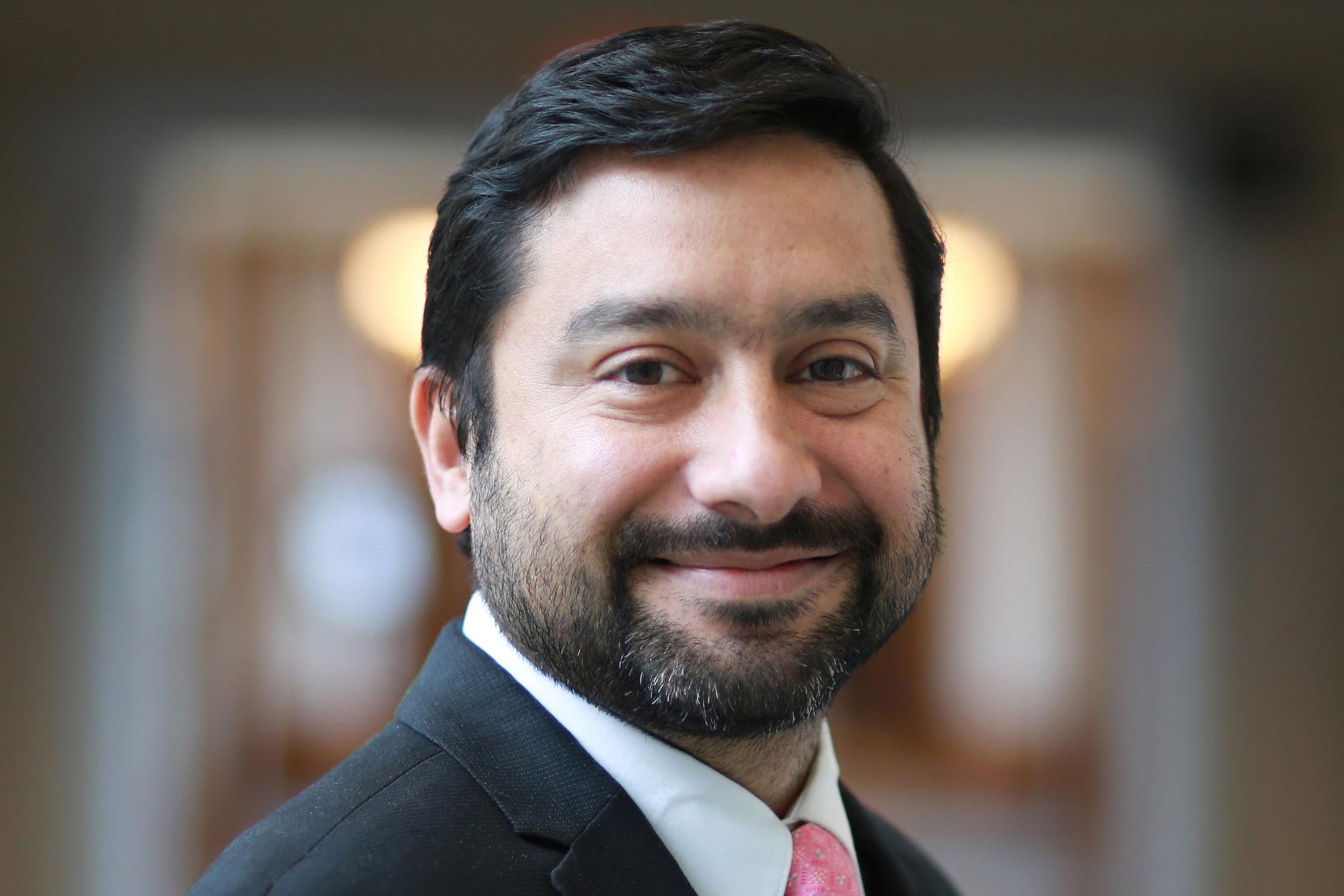
UVA School of Law professor Camilo Sánchez directs the school’s International Human Rights Clinic and co-directs both its Human Rights Program and Center for International & Comparative Law. (School of Law photo)
Q. How has the international community viewed the regime in Cuba up to now?
A. International law does not use the term “dictatorship,” which is a political science concept. Hence, there is no international body that has declared the Cuban regime a dictatorship. However, international organizations – especially human rights bodies – have repeatedly condemned the lack of democratic elections in Cuba and other government measures that systematically violate human rights on the island. For instance, human rights defenders are victims of constant restrictions on international travel, arbitrary detentions and judicial persecution. Similarly, Cuban authorities have targeted and persecuted independent media and journalists.
Q. Do the events of the past few days warrant a response from the international community?
A. Publicly available information suggests that state forces have acted contrary to international human rights standards. Among these actions are the repression of peaceful demonstrations with violence and intimidation, the unjustified interruption of internet services to prevent citizens from communicating freely about what is happening, and the arrest of protesters and journalists.
